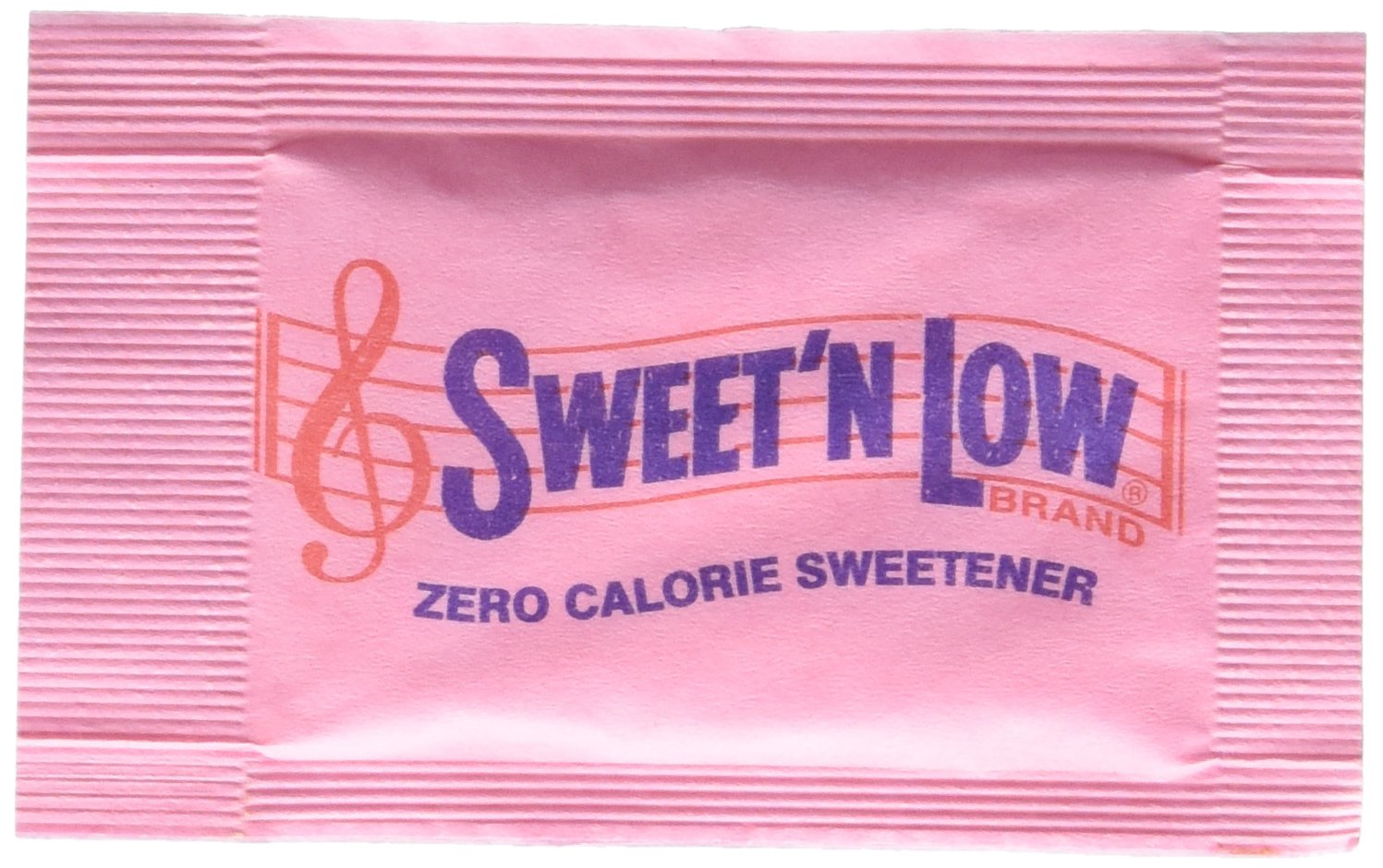About this deal
My gut tells me (pun intended!) that down the line, we will continue to discover more dangers and adverse side effects from the frequent consumption of artificial sweeteners. After all, if hundreds upon hundreds of the individuals that I coach experience such negative side effects after minimal consumption, I can’t help but assume that this will manifest into unwanted health conditions down the road. Artificial sweeteners can alter your gut microbiota," says Freirich. "As per a recent study in Physiology & Behavior, the consumption of artificial sweeteners alters the gut microbiota and is linked with impaired glucose tolerance. Impaired glucose tolerance raises blood sugars and increases the risk for diabetes." Artificial sweeteners simply love chilling in your gut. There is further evidence, however. For instance, one study noted that “accumulating evidence suggests that frequent consumers of these sugar substitutes may also be at increased risk of excessive weight gain, metabolic syndrome, type 2 diabetes, and cardiovascular disease.” A 2018 study published in Inflammatory Bowel Diseases also revealed that the artificial sugar, sucralose (otherwise known as Splenda) with maltodextrin, intensified gut inflammation in mice that carry Crohn’s-like diseases. Specifically, the artificial sweetener increased the number of Proteobacteria — a microbe bacteria associated with E. coli, Salmonella and Legionellales — in the mice who carried a Crohn’s-like disease.
There is additional evidence that links artificial sweeteners to the development of glucose intolerance and other metabolic conditions that result in higher-than-normal blood glucose levels. According to a study published in Trends in Endocrinology and Metabolism, frequent consumption of sweet-tasting, non-caloric foods interferes with metabolic function. 5. Can Lead to Gut Issues The FDA removed this warning, but many studies continue to link saccharin to serious health conditions. Sadly, it’s the primary sweetener for children’s medications, including chewable aspirin, cough syrup, and other over-the-counter and prescription medications. It’s believed that saccharin contributes to photosensitivity, nausea, digestive upset, tachycardia and some types of cancer. 5. Xylitol (Erythritol, Maltitol, Mannitol, Sorbitol and other sugar alcohols that end in –itol)
While the FDA has approved six different artificial sweeteners, we really don’t know how the consumption of these chemicals will affect our health in the long run.
Various researchers have investigated the effects of specific sweeteners on risk factors for Type 2 Diabetes, including glucose intolerance and insulin response. A 2016 study found that aspartame is associated with impaired glucose tolerance among individuals with obesity.[22 ] Other studies have confirmed that long-term consumption of artificial sweeteners can impair glucose regulation and lead to insulin resistance by altering the gut microbiota in rodents and humans.[23,24] Contribute to Cardiovascular Disease An occasional indulgence is understandable. Added sugars are pervasive in our food supply, and a life of over-restriction and denial isn’t sustainable or realistic for a lot of people. Furthermore, research shows that xylitol can increase levels of several compounds in the digestive tract to help support your gut microbiome ( 13). Rios-Leyvraz M, et al. Health effects of the use of non-sugar sweeteners. World Health Organization. https://www.who.int/publications/i/item/9789240046429. Accessed Nov. 11, 2022. Artificial sweeteners, or non-nutritive sweeteners as they are sometimes referred to, have been controversial since they were first introduced to the market in the 1950s, and scientific research shows they are associated with many dangerous side effects.
The average American eats about 68 grams of sugar per day,” Taylor says. “That can add up to as much as 28 pounds of body fat per year.” There are several popular sugary sweeteners that health-conscious people often eat instead of sugar, including coconut sugar, molasses, honey, and maple syrup. These really aren’t much different from sugar. Because aspartame isn’t heat-stable, it’s typically found in drinks and foods that haven’t been heated. The thing to remember about natural sources of added sugar: In terms of your weight and blood sugar, they behave just like sugar. So, you don’t want to overdo it.
According to an animal study published in the American Journal of Industrial Medicine, “A re-evaluation of the current position of the international regulatory agencies must be considered an urgent matter of public health.” This recommendation is due to the study’s findings that aspartame has carcinogenic effects. The quality of the research to date wasn't very good, and no definitive conclusions could be made regarding NSS use and these important health effects. Evidence from short term trials on drinks sweetened with no calorie sweeteners show that when they are consumed instead of sugary drinks, they can support lowering of energy intake and weight gain. There is no evidence sweeteners stimulate appetite in humans. Xylitol also doesn’t raise blood sugar or insulin levels. However, like other sugar alcohols, it can cause digestive side effects, including abdominal gas and diarrhea, at high doses ( 14).Given all of these concerns, researchers in Europe took on the task of trying to assess the risks and benefits of various NSSs with an analysis of the best research available, including 56 previously published studies. They sought to determine the effect of various NSSs on the health of adults and kids, including those who were overweight, obese, or at a healthy weight. The effects they studied included:
 Great Deal
Great Deal 